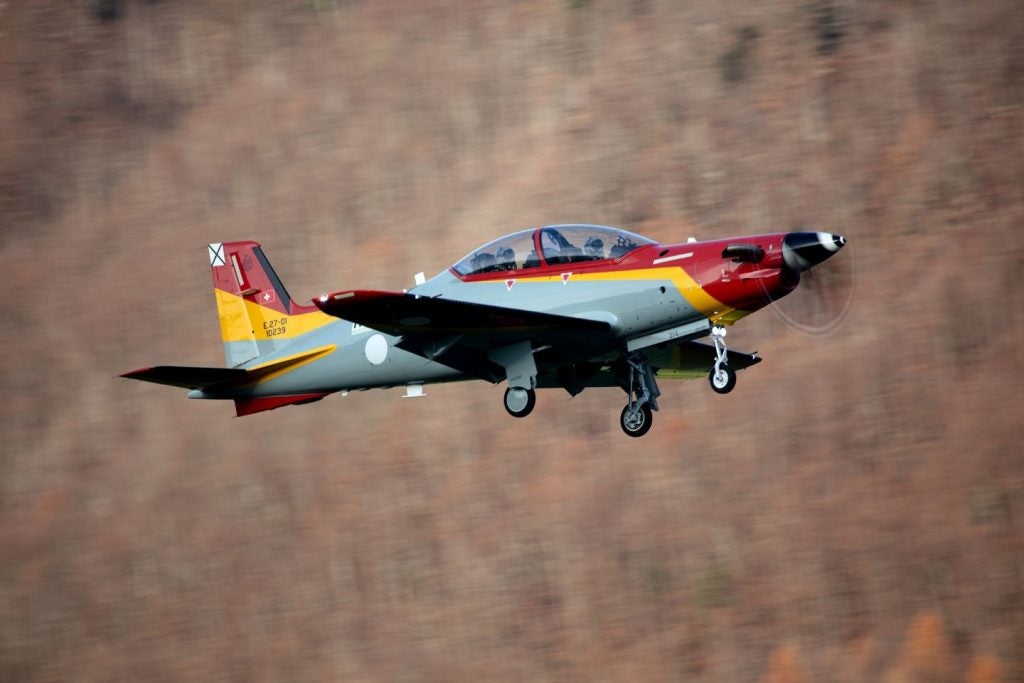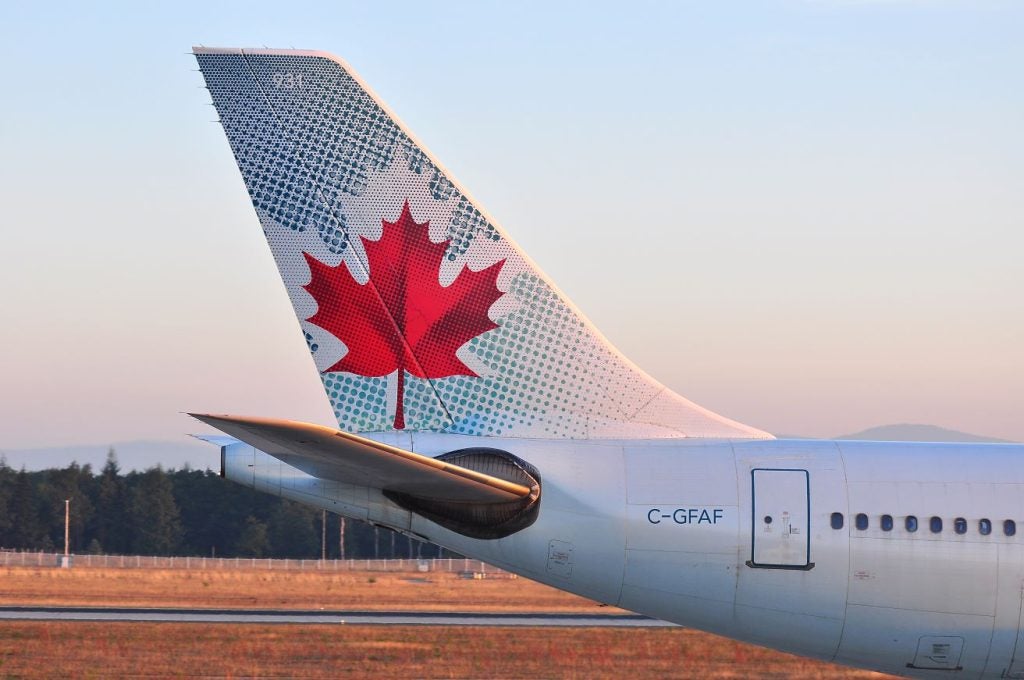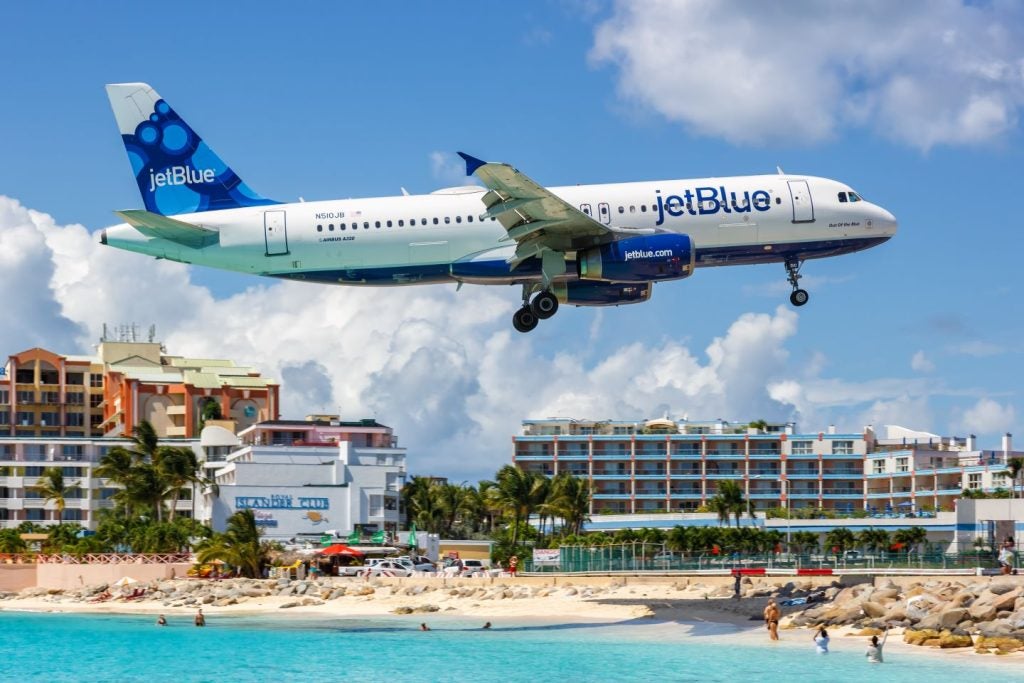
Flag carrier airline of New Zealand, Air New Zealand (AIR NZ) has announced today an expression of interest (EOI) to airports throughout the region as part of deciding where to fly its commercial demonstration aircraft beginning in 2026.
This announcement follows the ‘Mission Next Gen Aircraft’ announced late last year which was founded to speed the development of next-generation aircraft technologies across New Zealand.
AIR NZ stated that to begin with the next-generation aircraft will be used for cargo, but the aim will be to also expand into passenger aviation.
AIR NZ chief sustainability officer Kiri Hannifin said the two airports chosen will be key in integrating lower-emissions aircraft into Aotearoa’s aviation system: “Work around next-generation aircraft is a key part of the airline’s strategy to decarbonise its operations. We’re committed to reducing our emissions as quickly as we can and this process is another step in the right direction.
“While we’re really looking forward to bringing two frontrunner airports on board, it’s also important to note that all airports in New Zealand play an important role as we work towards bringing next-generation aircraft into our network here in Aotearoa at scale.
“Over the next few years as AIR NZ works towards its ambition of flying next-generation aircraft on our domestic network from 2030, we will be focused on supporting the building, testing and certifying of aircraft and associated infrastructure.
AIR NZ further stated the implementation of the next-gen aircraft will fit in with the company’s larger fleet replacement needs from 2030.
The company stated its replacement of the Q300 domestic fleet with a more sustainable aircraft, likely green hydrogen or battery hybrid systems from 2030.
The EOI sets out the operational requirements that need to be considered including factors like range.
This announcement follows previous efforts from AIR NZ to transform the aviation industry across the APAC region, including a $2m investment in the next phase of studies to investigate the viability of generating sustainable aviation fuel (SAF) in Aotearoa.





